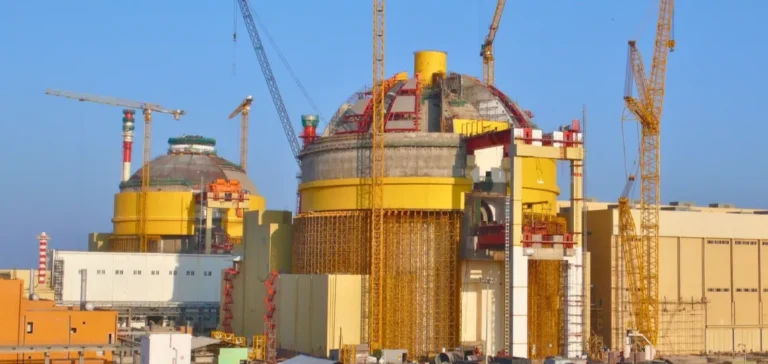Nuclear Power Corporation of India Ltd (NPCIL) has extended by six months the submission deadline for its Bharat Small Reactors (BSR) nuclear tender, now set for 31 March 2026. The extension is intended to allow more companies to finalise their participation in the 220-megawatt-electric reactor project designed for industrial captive use.
Leading industrial players involved
According to documents released by NPCIL, six companies have formally entered the bidding process. Hindalco Industries Ltd, Jindal Steel & Power Ltd, Tata Power Co and Reliance Industries have signed non-disclosure agreements (NDAs) and received preliminary technical data, including estimates for operation and maintenance costs and plant performance metrics. JSW Energy Ltd and Adani Power Ltd have submitted documents for NDA execution, which are under review.
The companies have also identified 16 potential sites for reactor deployment. Five are located in Gujarat, four in Madhya Pradesh, three in Odisha, two in Andhra Pradesh, and one each in Jharkhand and Chhattisgarh. NPCIL has approached the governments of Gujarat, Madhya Pradesh and Odisha to facilitate site investigation and allocate land and water resources.
User-centric investment model
Under the proposed model, the industrial users will bear the full capital expenditure and operational costs, including decommissioning. The reactors will be built under NPCIL supervision and operated by the corporation after construction. Users will have rights to the electricity generated for their own consumption, with the option to sell surplus electricity under applicable regulations.
The deadline extension follows requests from participating companies citing the need for additional time to assess the proposed sites, evaluate capital and operational expenses, and finalise their bids. NPCIL noted that other companies have also expressed interest and are in active discussions.
Participation grows amid delays
At a preliminary meeting in February, 70 delegates from 27 public and private entities attended discussions on the project framework. The original tender, issued on 31 December 2024, has already been extended multiple times. NPCIL stated that the latest revision is driven by increasing private sector interest, as carbon-free power becomes a strategic priority for Indian industry.






















